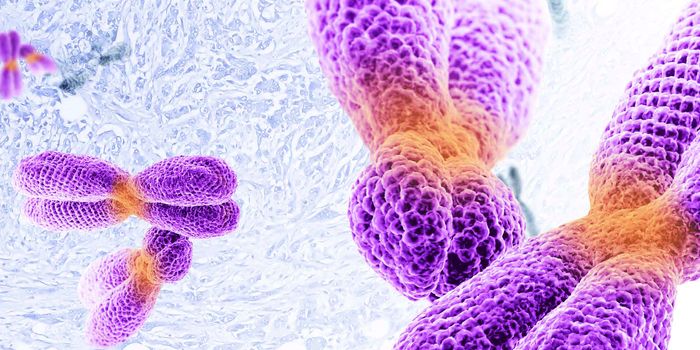Test for Diabetes Checks If the Liver Is Responding
Glucagon is a hormone that prevents blood glucose levels from dropping too low by stimulating the liver to convert stored glycogen into glucose. This is a critical physiological feedback loop between the liver and the pancreas, where glucagon acts as a messenger. It’s a delicate balance — too much glucagon and sugar production in the liver spikes, resulting in potentially harmful elevated blood sugar levels, a precursor to diabetes.
Researchers at the University of Copenhagen have discovered a new biomarker that provides a warning signal of an increased risk of type 2 diabetes. This new test measures glucagon resistance, or the inability of the liver to respond to signals from the glucose-balancing hormone. According to the scientists, measuring glucagon sensitivity could potentially predict the future onset of type 2 diabetes earlier than current diagnostic tests.
“Glucagon resistance is an entirely new biological concept that we will include in the future teaching of medical students, just as we do today with insulin resistance,” said Nicolai J. Wewer Albrechtsen, senior author in the study, published in Molecular Metabolism.
These findings could explain the phenomena wherein the majority of patients with type 2 diabetes also suffer from fatty liver disease. Though this condition (where abnormal levels of fat accumulate in the liver) is largely asymptomatic, it is closely linked to the regulation of the metabolism. The fatty liver has a reduced sensitivity to glucagon and subsequently, the pancreas responds by secreting even higher amounts of the hormone. If treated earlier, this could restore metabolic balance and prevent permanent damage of the pancreas.
“Our study points to a new biomarker (the glucagon-alanine index) that may be useful in identifying persons with impaired glucagon sensitivity. If we can detect glucagon resistance from a blood test, we can start treatment early and thus prevent the development of type 2 diabetes,” said Marie Winther-Sørensen, another author of the study.
Sources: Molecular Metabolism, University of Copenhagen.









